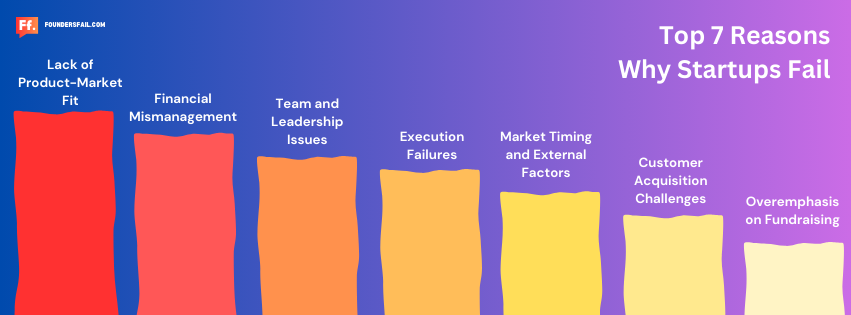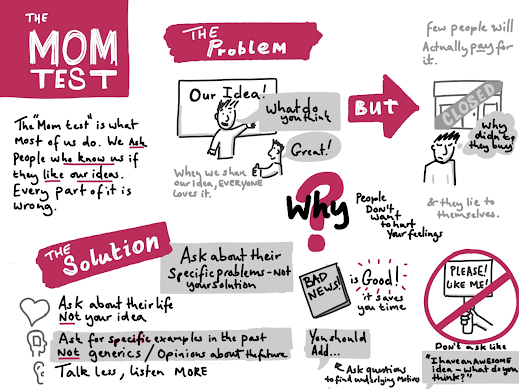Top 7 Reasons Why Startups Fail
Starting a business is an exciting venture filled with opportunities and challenges. While some startups succeed spectacularly, many struggle to stay afloat and eventually fail. Understanding the common reasons behind these failures can help entrepreneurs build stronger, more resilient businesses. Insights from research by Harvard Business Review, Wilbur Labs, and personal accounts on platforms like Quora shed light on the patterns and pitfalls that lead to startup struggles.
1. Lack of Product-Market Fit
Many startups fail because they don’t align their product with market needs. Creating solutions for problems that don’t exist or misjudging customer demand leads to irrelevance. Developing a deep understanding of the target market and validating ideas through customer feedback are critical steps for success.
2. Financial Mismanagement
Missteps in financial planning, such as overspending or scaling too quickly without sufficient revenue, can lead to premature burnout of resources. Founders often underestimate costs or overestimate revenue, which creates unsustainable financial models.
3. Team and Leadership Issues
Building and maintaining an effective team is a significant challenge for startups. Leadership gaps, poor decision-making, and internal conflicts can derail operations and reduce morale. A strong, well-aligned team is essential for overcoming the inevitable hurdles of entrepreneurship.
4. Execution Failures
Even great ideas can fail due to poor execution. Startups often struggle with inconsistent strategies, inadequate operational processes, and failure to adapt to market feedback. Prioritizing execution as much as innovation is essential to thrive.
5. Market Timing and External Factors
Timing is critical. Launching a product too early (when the market isn’t ready) or too late (after competitors dominate) can spell doom. Additionally, external factors like economic downturns or sudden changes in industry dynamics often disrupt startups.
6. Customer Acquisition Challenges
Acquiring customers at a sustainable cost is a frequent issue. Many startups face high acquisition costs, weak customer engagement, and struggle to stand out in competitive markets. Effective differentiation and customer retention strategies are key.
7. Overemphasis on Fundraising
Startups overly focused on raising capital often neglect building a sustainable business model. This dependence can backfire if subsequent funding rounds fail, leaving the business in financial distress.
While the road to startup success is fraught with challenges, understanding why startups fail offers valuable lessons for aspiring entrepreneurs. By addressing these common pitfalls, founders can increase their chances of success and create sustainable ventures.
Building a startup requires more than a great idea—it demands strategic planning, execution, and resilience in the face of adversity. With the right approach, entrepreneurs can turn failures into stepping stones for future growth.


Comments
Post a Comment